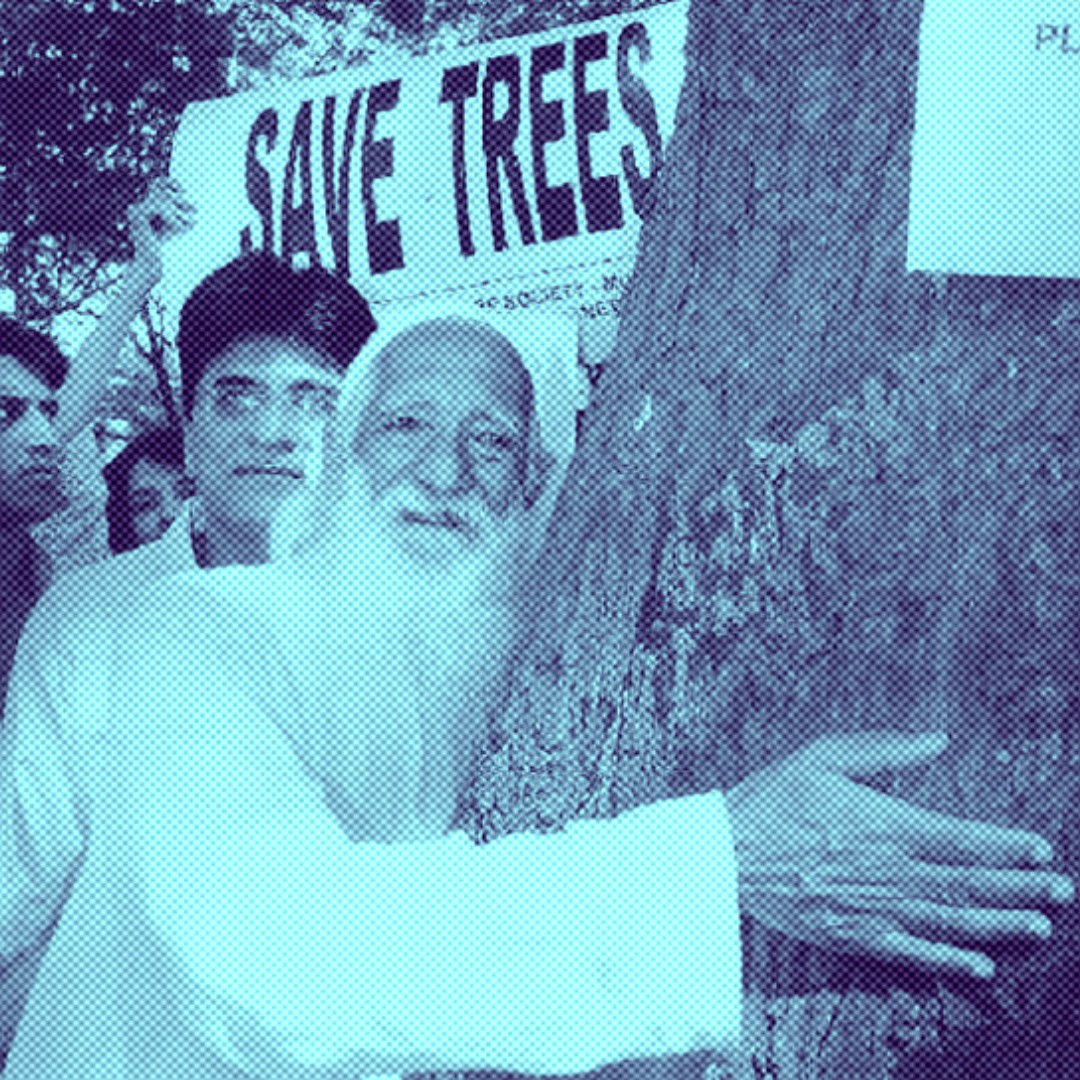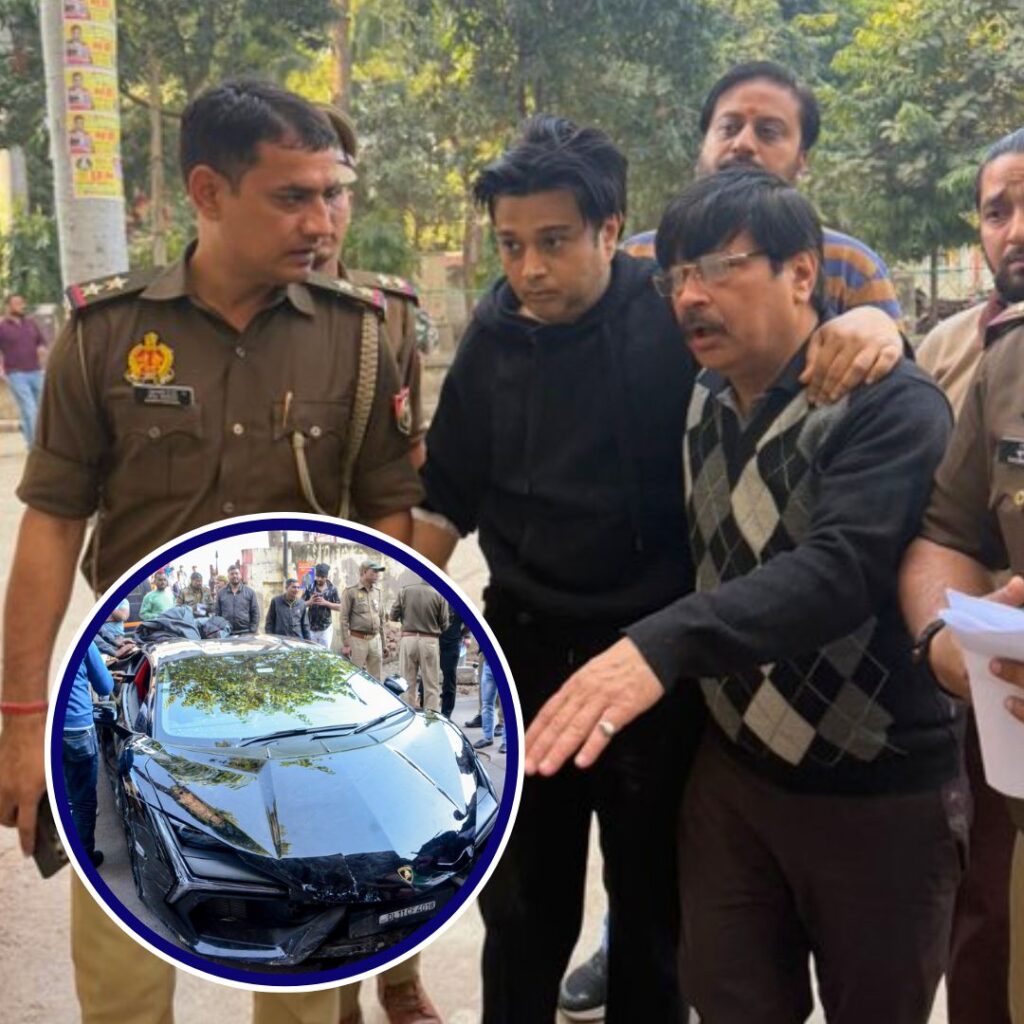Sunderlal Bahuguna, a revered Padma Vibhushan awardee, was a prominent figure in India’s environmental movement, best known for his leadership in the Chipko Movement. His lifelong dedication to grassroots activism against deforestation in the Himalayas has inspired modern environmental movements across the country and beyond.
Early Life and Influences
Born on January 9, 1927, in the village of Silyara in Uttarakhand, Bahuguna was deeply influenced by Gandhian principles from an early age. His commitment to social justice began when he was just 13, after meeting a disciple of Mahatma Gandhi who introduced him to the idea of self-sufficiency through local production. This encounter sparked a lifelong passion for activism, leading him to join the Indian National Congress in 1948.
After marrying Vimla Behn in 1956, Bahuguna moved to a remote village where they established an ashram dedicated to education and social reform. Their work focused on issues such as alcoholism, caste discrimination, and gender equality, laying the groundwork for Bahuguna’s future environmental activism.
The Chipko Movement
The Chipko Movement, which translates to “to hug” in Hindi, originated in 1973 in the Chamoli district of Uttarakhand. It began as a grassroots effort to protect trees from commercial logging. Villagers, particularly women, hugged trees to prevent them from being cut down, symbolising their deep connection to nature and their dependence on forests for survival.
Bahuguna emerged as a key leader of this movement, coining the slogan “Ecology is permanent economy.” He believed that preserving the environment was essential not only for ecological balance but also for sustainable economic development. His efforts helped raise awareness about the importance of forests and the rights of local communities over their natural resources.
Key Achievements
The Chipko Movement gained national attention and led to significant policy changes. One of its major victories was the ban on commercial logging above 1,000 meters in altitude, implemented by the Indian government in 1981. This was a turning point that marked increased recognition of environmental issues in India.In addition to his work with Chipko, Bahuguna campaigned against the Tehri Dam, arguing that large hydropower projects would have devastating ecological consequences and displace local communities. In 1981, he undertook one of India’s longest fasts—lasting over 56 days—to protest against this project.
Bahuguna also completed a remarkable 5,000-kilometre foot march from Kashmir to Kohima between 1981 and 1983, spreading awareness about environmental conservation throughout the Himalayan region. His journey highlighted the interconnectedness of ecological issues across different states and communities.
Legacy and Recognition
Sunderlal Bahuguna’s contributions to environmental activism earned him widespread acclaim. He received numerous awards throughout his life, including the prestigious Padma Vibhushan in 2009, India’s second-highest civilian honour. However, he famously refused the Padma Shri award in 1981, stating he would not accept any honour until deforestation was effectively addressed.
Bahuguna’s work has had lasting impacts on environmental policy and activism in India. The Chipko Movement inspired similar initiatives worldwide, fostering a global consciousness about ecological preservation.
Final Years and Passing
Bahuguna continued his advocacy for sustainable living until his passing on May 21, 2021, due to complications from COVID-19 at the age of 94. His death marked the end of an era for Indian environmentalism but left behind a legacy that continues to inspire activists today.
The Logical Indian’s Perspective
At The Logical Indian, we believe that Sunderlal Bahuguna’s story exemplifies the power of grassroots activism in creating positive social change. His unwavering commitment to protecting our environment reflects our values of empathy and coexistence with all living beings. In an increasingly industrialised world, Bahuguna’s journey reminds us that our connection with nature is vital for our survival. How can we collectively honour his legacy by taking action towards environmental conservation? We invite you to share your thoughts and experiences in the comments below!











